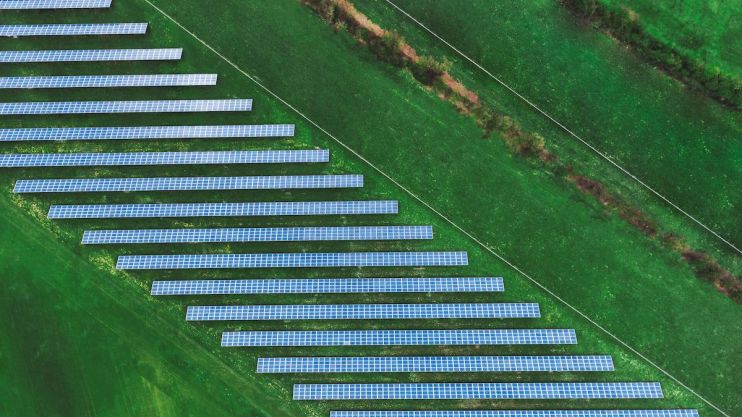IEA: Clean energy spend must increase 250 per cent to £3.7 trillion per year to meet net zero

Clean energy spending must reach £3.7 trillion ($4.5 trillion) per year in the 2030s for the world to reach net zero, the International Energy Agency has revealed.
The climate agency has called for a more urgent approach to net zero and meeting the goals of the Paris Agreement – with countries aiming to limit increases in global temperatures to well below two degrees compared to pre-industrial levels.
Current spending on renewable and low carbon technology is roughly £1.5 trilliion ($1.8 trillion) per year, meaning a 250 per cent increase in spending will be needed within a matter of years.
The calculations were made in the IEA’s ‘Net Zero Roadmap’, a freshly published report which argued that limiting global warming remained possible due to the record growth in clean energy technology, but that “bolder action” was needed to sped up the transition across developed economies.
It warned the pathway to reaching the goals of the Paris Agreement has narrowed, and has called for a trebling of renewable power by the end of the decade and for a doubling in energy efficiency improvements.
The IEA forecasts this will drive fossil fuel demand 25 per lower by the end of the decade, and 80 per cent lower by 2050.
For this to be achieved, it has called for no new oil and gas projects or coal mines – alongside pushing for more teamwork between countries.
IEA executive director Fatih Birol said: “Strong international cooperation is crucial to success. Governments need to separate climate from geopolitics, given the scale of the challenge at hand.”
This follows Prime Minister Rishi Sunak rowing back green energy pledges last week, delaying the UK’s shift from fossil fuel powered boilers and cars.
He told the BBC he wanted to take a “proportionate and pragmatic” approach to reaching net zero, to sustain consent for the country’s climate goals and not place more burdens on Brits.
While “lots of people disagreed” with his decision, he argued it was hard to justify telling households they have to pay for costly boiler upgrades and electric cars ahead of rival markets.
“They should explain to the country why they think it is right for ordinary families up and down the country should have to fork out £5,000 to £15,000 to make the transition earlier than is necessary, and to do things that aren’t possible for them,” he said.